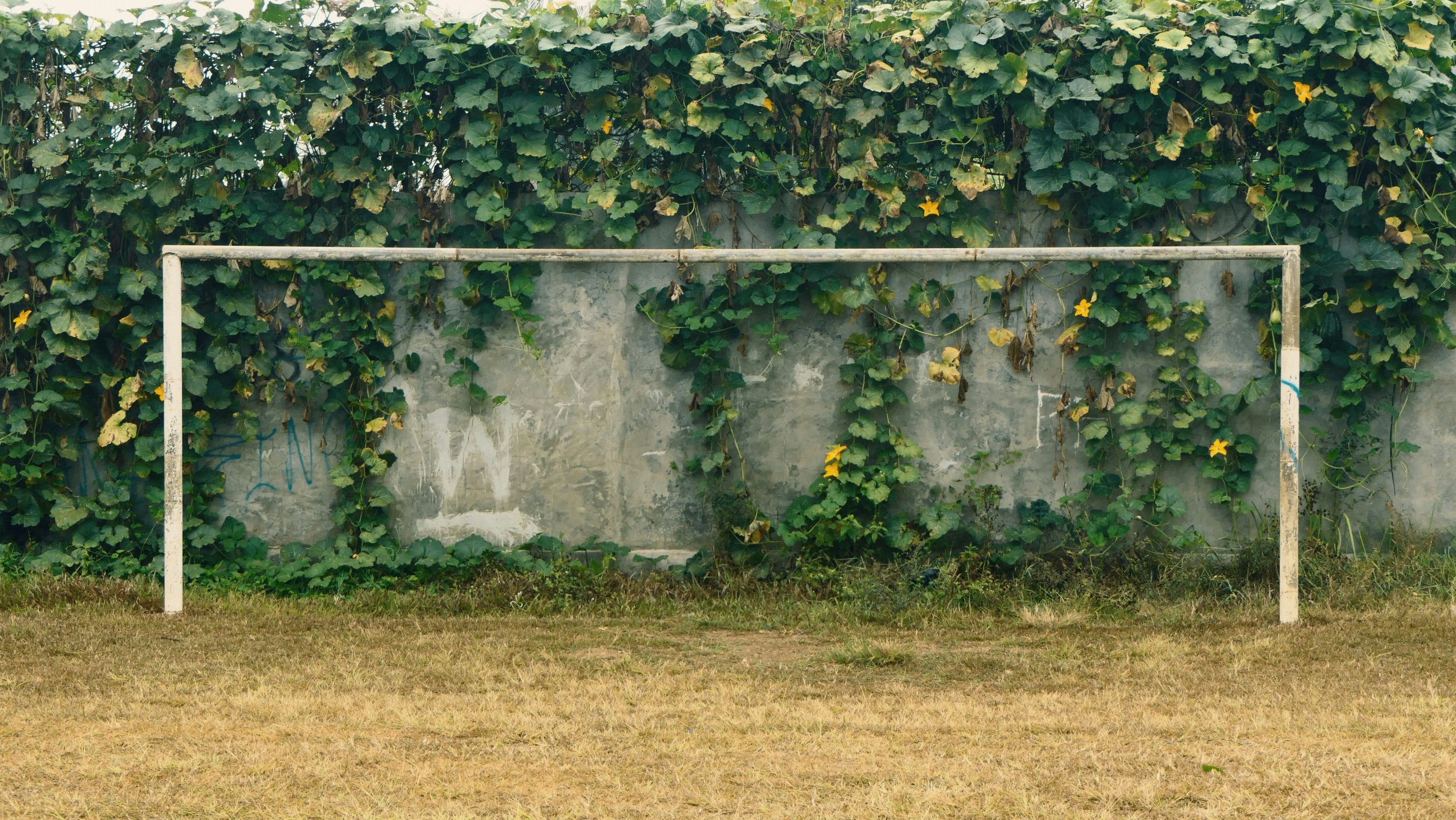The Supreme Court upholds the appeal filed by the Royal Spanish Football Federation against the CSD’s decision to reject the approval by administrative silence of its reform of the 2018 General Regulations.
The Fourth Section of the Administrative Chamber of the Supreme Court has partially upheld an appeal brought by the Royal Spanish Football Federation (hereinafter, RFEF) against the decision of the Board of Directors of the Superior Sports Council (hereinafter, CSD), by virtue of which it did not approve the proposed reform of certain articles of the General Regulations of this Federation.
The facts of the dispute concern the reform of the General Regulations made by the RFEF on 3rd of October of 2018 – on a set of articles relating to coaching qualifications and one concerning the summertime slot for official professional football competitions – which was sent to the CSD for approval. In the absence of a resolution, five months later, on 28th of March of 2019, the RFEF submitted a letter to the CSD in which it argued that the reform had to be understood to have been approved by administrative silence as the three-month period provided for in art. 24.3 LPACAP had elapsed. The Professional Football National League (hereinafter, LNFP) objected on the same day and the following day the CSD ruled that, as it was a general provision, its approval was not subject to a time limit and that the amendments affecting official professional competitions required a prior favourable report from the LNFP.
The judgment of Madrid Administrative Court No. 12 understood the RFEF’s request as being granted by administrative silence, but the National High Court overturned the judgment at second instance on the grounds that, as it was a general provision, it could not be approved by administrative silence.
The question of appeal before the Court is whether the federation’s regulations are general administrative provisions and whether administrative silence can apply to them.
Before ruling on the merits of the case, the Supreme Court carries out a brief analysis of the legal nature of Sports Federations, which have the status of private entities that exercise public administrative functions by delegation ‘acting in this case as collaborating agents of the Public Administration’ (art. 30.2 of the Law on Sport, hereinafter, LD) under the supervision of the CSD (the public body to which this power is expressly attributed). These Federations are empowered to draw up their internal rules and thus approve their statutes and regulations, under the umbrella of the CSD, to which the LD attributes the power to ‘approve the statutes and regulations of the Spanish Sports Federations’.
Having said this, the High Court declared that the federation regulations are not general administrative provisions, so that their drafting and approval are not subject to the rules for the drafting of general provisions, but are drawn up as determined by each sports federation in accordance with its statutes.
For the High Court, taking into account the private nature of sports federations and their self-regulatory capacity, in relation to the competence of the CSD, the approval of federation regulations is a two-phase procedure: an internal, legal-private phase of drafting and approval by the federation, and an administrative phase in which the CSD, exercising its supervisory power, approves not a project but a regulation that has already been approved by the federation. It adds that this nuance is relevant, given that the CSD ‘cannot amend or rework what would be a draft, but its supervision is limited to approving or not, and, in this case, returning the regulation to the sports federation’.
With regard to the second part of the question of appeal, whether a regulation can be approved by administrative silence, the Court points out that: ‘the hypothesis of silence can only be considered with regard to those procedures that end with an administrative act, which in this case is the one that is initiated, developed and completed at the CSD and is of an approving nature, not a regulatory one’.
Consequently, the Supreme Court considers the articles relating to the qualifications of coaches to have been approved by administrative silence in this case, but rejects the approval by silence of the article on the summer time slot for matches, which had an unfavourable report from the LNFP. This exception occurs in application of article 46.4 LD, which establishes that the modifications proposed by the federations that affect official competitions will require the prior and favourable report of the corresponding League.

